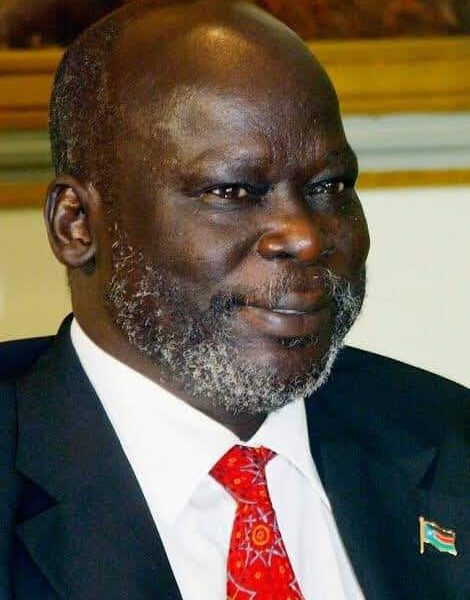By Manas James Okony
Dear martyrs,
I hope this letter finds you at peace, as your bones and flesh, which helped lay the foundation of our nation, rest beneath our soil and waterways. On the 30th day of July each year, we gather to honor your sacrifices and celebrate the heroism that bestowed upon us in the country we proudly call our own today—The Republic of South Sudan.
However, as I pen these words, there is unrest in our homeland. I feel compelled to inform you that things are not progressing as you had envisioned, but please know that your martyrdom for the cause of freedom has not been in vain.
In 2013, just two years after we declared independence, our young nation was plunged into a civil war by some of your comrades who miraculously survived to witness our freedom. What initially began as a dispute within the powerful Sudan People’s Liberation Movement (SPLM) swiftly escalated into a brutal conflict. Countless innocent lives, for whose freedom you made the ultimate sacrifice, were lost, while millions remain displaced from their homes, either as refugees or internally displaced persons.
From 2015 until now, our political leaders claim to be working towards bringing peace to the troubled South Sudan. Peace agreements were signed to end the war and establish harmony. These agreements were meant to pave the way for our country’s transition to democracy, but they have instead become ‘political bargaining tools’ where politicians benefit. The government’s legitimacy has been extended through various means, such as the recent replacement of the 2018 peace deal, I should rightly call ‘The Dead Agreement on the Resolution of the Conflict in the Republic of South Sudan’ (D-ARCSS), with a new roadmap. This roadmap was intended to lead to the country’s first-ever general elections later this year, but there is currently a lack of clarity. Ongoing peace talks in Nairobi, baptized as the Tumaini Peace Initiative, offer hope to some politicians seeking personal gain.
There are two scenarios likely to unfold: if elections (which many expect to be won by the SPLM) are indeed held, those currently in armed opposition may later join to form a coalition government with the SPLM party. Alternatively, elections may not take place at all, allowing the incumbent government to expand or reshuffle, creating new positions for Tumaini politicians. In either case, the result is clear: the government will extend its lifespan, while the suffering civil population persists.
This is the unfortunate reality in the country you bravely fought to liberate, dear martyrs.
Since 2013, we have endured hardships. Ordinary citizens struggle to put food on the table, and essential services like healthcare, education, and justice—rights for which you fought against Sudan’s oppressive regime—are severely lacking in post-independence South Sudan. Civil servants have not received their salaries for nearly a year, and even if they were to receive them today, the amounts would barely sustain them in terms of purchasing power in our current market economy. It feels like our own version of ‘the Great Depression.’ To provide some context: in 2011, when we gained independence, 100 USD was exchanged for approximately 250 SSP. Over a decade later, the exchange rate has skyrocketed by over 159,000 per cent. Can you imagine how tough life has become?
I write this letter with the hope that your spirits, dear martyrs, will inspire a sense of responsibility in our political leaders, both in opposition and in government, to rectify this dire situation. Our economy is in shambles, and each passing day brings further evidence of worsening conditions.
Sincerely,
The writer is a Freelance, South Sudanese Journalist




